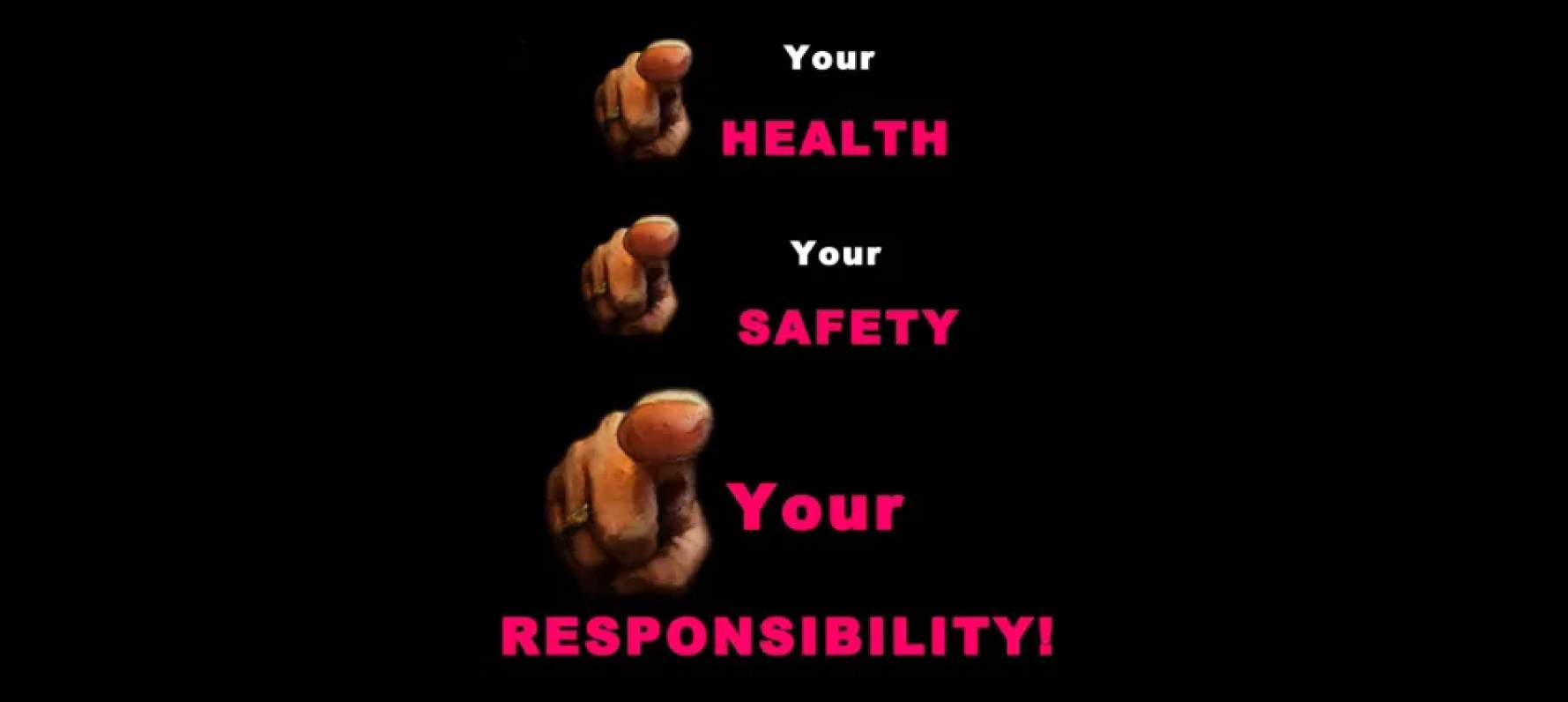Why I left academia, and why you should too...
I know you've thought about it!
One of the things I am criticised and mocked for is being an academic with a PhD who doesn’t work with a university or academic institution.
Going it alone is seen as reckless, unprofessional - or people assume you are simply not good enough to work in academia.
But in my case, I never wanted to work in academia at all. Climbing up a ladder to finally reach the goal of ‘Professor’ sounded like fresh hell to me, and I knew that as soon as I had my PhD, I was out of there!
Universities and academic institutions are positioned as the most progressive, intelligent, open-minded and welcoming environments to work. Think about it. All those intelligent and inquisitive minds, all there to learn and read and study - what a wonderful intellectual utopia. Right?
Not exactly.
Here are my
5
reasons why I left academia, and you should too:
1. Universities are huge corporations, but they like to sell themselves as a collective of equal learning
There’s something really twisted about universities charging people tens of thousands of pounds for a service they provide, but still managing to swerve consumer rights. You could pay £35k for a course, have shit lectures, terrible supervision, lack of support, and awful computer systems - but will you get a refund? Will you fuck!
There are current high court cases against many universities about their failure to provide services in the two years around COVID. If this was any other provider or company, a refund would be standard. And yet, somehow, these institutions are above even the most basic financial consumer agreements.
They are able to disguise themselves in people’s minds, as these left-wing, supportive, freely available, accessible schools for the good of human development - whilst hiding the fact that they turned over £11 billion, and profited hundreds of millions per year.
I don’t want to work somewhere that doesn’t want to admit what it is. If you’re a university of knowledge for the good of the people, drop your fees. If you are a corporation turning over billions per year, then admit you are a business selling a service, and give your students full consumer rights.
This extends to the weird attitude academics and lecturers have towards their students who complain when the service they receive isn’t good enough. Almost as if the students are entitled little shits who don’t know how lucky they are to be in the university - rather than customers who just got themselves into £60k of debt for a subpar service.
I have known many academics who resent the students, and the process of the student surveys each year. This is one of the consequences of raking in the cash like a business, but still pretending you are a glorified community library.
Make your mind up. It’s irritating. I can’t work somewhere that is having an identity crisis.
2. You will get stuck in an echo-chamber so powerful that you won’t even know you’re in one
When you picture academic departments, or entire universities - or even, the global academic community - you picture a healthy discussion of ideas, inventions, discoveries, theories, studies and approaches. But the reality is nothing like that. In fact, the echo chambers close in on you very quickly.
“You can’t research that!”
“We don’t use that approach!”
“If you research that, you’ll be a laughing stock!”
“No one will take you seriously if you suggest that!”
“Don’t co-author with them, they once said this!”
“Specialising in that topic is career-suicide!”
For an open-minded critical thinker, this is hell on earth - and the opposite of what I expected from academia. I hadn’t anticipated powerful cliques, bullying, sniping at each other, toxic cultures of one-upmanship, isolating each other, territorialism, passive aggression and trying to undermine each other’s work.
You may well find yourself in a discipline or topic that has become total dogma dressed up as science. You may be told that your research topic or approach will not be allowed by your supervisors, department heads, or your colleagues. You have to toe the line, do as you are told, go along with the next big thing, the buzzwords, the trends in the literature. If you stand at the sidelines, shouting ‘Hey, wait, what about all of this evidence over here?’ you will quickly be framed as contentious, problematic, or a bit weird.
If you dare question, or even manage to debunk a long worshipped theory or finding, you’re not going to be celebrated, you’re going to be destroyed. Academics will come after you for months or years of your career. It is the same story over and over again, from physics to psychology. You are led to believe that you are in an environment where evidence is king, but you will soon be shown that it only applies to the evidence they want to accept.
3. The real world impact of your research will pretty much peak at conference presentations
‘Real world impact’ of research is one of those phrases that is drummed into you during your PhD or your early-career research. It is chiefly about addressing the criticism that millions of hours per year is being pumped into research about our world, and very little of it ever sees the light of day.
There is no doubt at all, that there are thousands of humans in academia with amazing, world-changing ideas and theories, but realistically, the ‘real world impact’ of those ideas and theories will stop at conference presentations and symposiums, attended by more academics.
The ironic thing about this, is that if you try to have real world impact (maybe by setting up your own company, campaign, writing books, delivering training, creating an invention, or developing your own theories), you are likely to be ridiculed or shut down by peers. Furthermore, you are pushed to have more and more evidence of your real-world impact, but if you engage on social media, or build a large social media following, you are seen as attention seeking, narcissistic, or selling out.
It is common for academics with large public profiles to be frequently targeted by their peers, sometimes those within their own universities. And so, you are likely to become ‘known’ within a tiny pool of fellow academics, deliver your findings to the same old group of your peers, and talk about the same issues over and over again at the same annual conferences, for the rest of your career.
4. Academic publishing is the most elaborate and successful scam in the world - and you’re the mug
This for me, is the reason I had to walk away from academia. The victims of the academic publishing scams are the academics, and then the public. Students and academics of all career stages are encouraged to give their work away for free to multi-billion dollar companies who then own the copyright of their work forever. They publish it in ‘top journals’ that are only available behind extremely expensive paywalls, only accessible with institutional log-ins, and kept away from 99% of the global population who need the knowledge, too.
They literally own knowledge.
Not only that, but they will sell and re-sell your work forever - decades after you die - and you will see not one penny. You will never receive royalties. You will never be paid for your work. And yet, they will be paid over and over again. If that isn’t bad enough, the editors of the journals are other unpaid academics, and the reviewers of the academic articles are another group of unpaid academics. The entire system relies on none of you realising your worth.
Instead of money, you get some made up kudos points such as ‘REF’ and ‘Impact Factors’ and ‘Citations’, that you can use to try to convince your employer that you are worthy of a raise, or a promotion.
Of course, to those who have never considered this system to be a scam, they simply see the academic publishing system as a robust, scientific, peer-reviewed process of ensuring only the top research will ever be published, and that it is a huge achievement to get your work published in their journals.
Out here in the real world, you would be paid for writing and publishing your work, and you would be due royalties by the publisher who was selling your work all over the world - but in academia, you are just supposed to be happy they published it at all.
My work has been read tens of millions of times. This is not possible inside academia. I had one blog about my ideas in feminism which was read 3 million times. Every substack blog like this one is read 10-15,000 times in a few days. My books sell tens of thousands of copies. My social media has 250k followers. I share my ideas and my writing for free on my social media, teaching a reach of around 2-6 million people per month about psychology and trauma. None of this is possible inside academic publishing.
Your writing, your ideas, your theories: they can live outside of academia. You just have to be brave.
5. Classism, code-switching and accent bias
My final point in this article (although I have many, many more) is the classism within our academic systems. Education is supposed to be a human right for everyone, so how can classism be so powerful in our universities? Why do so many people feel the need to code-switch, change their dialect, language, pronunciation, accents and tone? What about the academics and students who have to change their appearance, dress-sense and hair to be accepted in academia?
I cannot work somewhere which pretends to be left-wing, pretends to be inclusive, and pretends to be progressive when you can be isolated, bullied and discredited based on your background, your accent, your language, or the way you look.
Whether academia wants to accept this or not, it has a classism issue. Many working class academics feel the strength of that judgement and stereotyping of them. So many of them deliberately try to tone down strong northern accents so they are not written off as common, or thick.
After years of being subjected to this myself, I can only say that whilst they try to hide it as well as they can, classism will seep through quickly once they have realised you are not middle class, or you are first generation at university. God forbid you are part of the classes that are never supposed to end up in university at all, because some of these institutions cannot stand to see an intelligent poor person.
Maybe you want to leave academia…
What I have learned about leaving academia, is that many academics dream of it, but most are too frightened to ever do it. They dream of leaving the confines of the university, and they want to use their work out in the real world, but they are scared they will be ridiculed and discredited - or that they will be seen as ‘unprofessional’ because they are not attached to a university department. Of course, this is the power of the control over knowledge - that if you are an academic or researcher outside of academia, you must be a fraud or a fake.
But there are thousands of academics who have successfully left academia, creating content, setting up companies, taking on consultancy, delivering services, inventing new products, undertaking research, working all over the world.
The first step, is to realise that you can and will survive outside of the weird bubble you’ve worked in for the last ten, twenty or thirty years. There is more you can do. Your impact could be much greater. You don’t have to stay in academia to make a difference. You don’t have to make professor to be listened to.
Maybe you need to explore who you could be outside of the institution?
You don’t have to fit in.
You could be thinking, and working,
outside the box.
Get more trauma-informed content!










